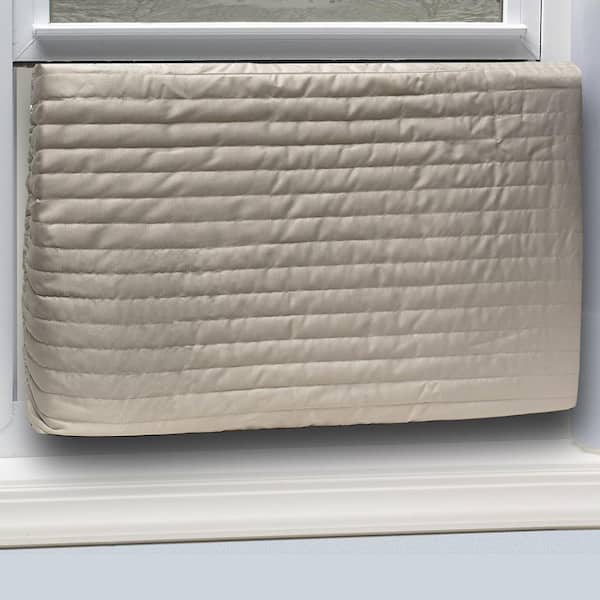Air conditioners are essential appliances for creating a comfortable indoor environment, especially during the hot summer months. However, when the cooler weather sets in, many homeowners wonder whether they should cover their air conditioners. To answer the question of whether air conditioner covers are recommended, it’s important to consider the potential benefits and drawbacks of using covers.
The Benefits of Using Air Conditioner Covers
There are several potential benefits to using air conditioner covers, including:
- Protection from the Elements: A high-quality air conditioner cover can help protect the unit from debris, snow, ice, and other outdoor elements that could potentially cause damage.
- Prevention of Corrosion: By covering the air conditioner, you can help prevent corrosion that may result from prolonged exposure to moisture and other environmental factors.
- Reduced Cleaning Needs: Covering the unit can minimize the accumulation of dirt, leaves, and other debris, reducing the frequency of cleaning and maintenance tasks.
- Extended Lifespan: Protecting the air conditioner from the elements and potential damage can contribute to a longer lifespan for the unit.

Credit: www.homedit.com
Potential Drawbacks of Using Air Conditioner Covers
While there are potential benefits to using air conditioner covers, there are also some drawbacks to consider:
- Mold and Mildew Growth: In humid climates, using a cover can trap moisture inside, potentially leading to the growth of mold and mildew.
- Pest Infestation: Air conditioner covers can provide a cozy shelter for pests, such as rodents and insects, if not properly secured.
- Air Circulation Issues: Improperly fitted or overly restrictive covers can hinder the airflow around the unit, potentially affecting its performance.
Considerations for Using Air Conditioner Covers
Before deciding whether to use an air conditioner cover, consider the following factors:
- Climate: The climate in your area can significantly impact the need for a cover. In regions with harsh winters and heavy snowfall, a cover may provide valuable protection.
- Quality of the Cover: If you choose to use a cover, opt for a high-quality, breathable material that allows for sufficient airflow while providing protection.
- Proper Installation: Ensure that the cover is properly installed and securely fitted to prevent moisture accumulation and pest infiltration.
- Manufacturer Recommendations: Check the manufacturer’s guidelines for your specific air conditioner model, as some units may not require covers and using one could void the warranty.
Conclusion
Ultimately, the decision to use an air conditioner cover depends on a range of factors, including climate, the quality of the cover, and proper installation. While covers can offer protection from the elements and potentially extend the lifespan of the unit, they also pose the risk of trapping moisture and promoting pest infestation if not used carefully. Homeowners should carefully weigh the potential benefits and drawbacks before deciding whether to invest in an air conditioner cover.

